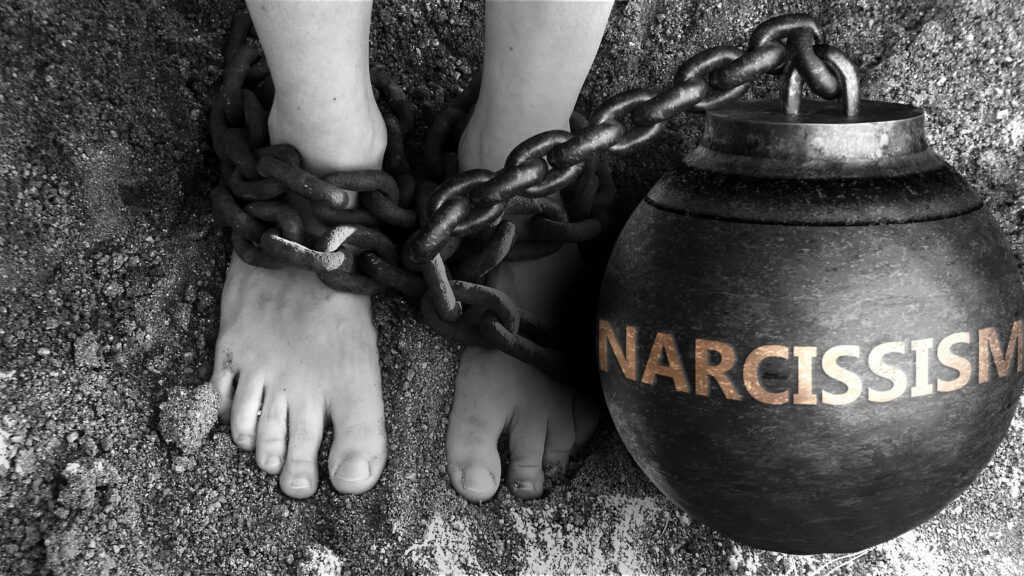
Navigating a relationship with a narcissist can be emotionally draining and mentally challenging and sometimes we do not notice the signs right away. How do you know if you are in this type of relationship?
Narcissistic individuals often display a pattern of self-centeredness, manipulation, and a lack of empathy that can leave their partners feeling invalidated and emotionally wounded. Healing from such a relationship requires self-awareness, support, and a deliberate effort to reclaim your mental well-being.
Understanding Narcissistic Relationships:
- Recognizing Narcissistic Traits: (Read More)
- Whether a person is diagnosed with Narcissistic Personality Disorder (NPD) or has a narcissistic personality, the characteristics displayed are an inflated sense of self-importance, a constant need for admiration, and a lack of empathy for others.
- Narcissists often exhibit manipulation, gaslighting, and a tendency to exploit their partners for personal gain. (Read More)
- The Impact on Mental Health:
- Being in a relationship with a narcissist can lead to a range of emotional and psychological issues, including anxiety, depression, low self-esteem, and post-traumatic stress disorder (PTSD).
- Victims may struggle with feelings of worthlessness and self-doubt as their needs and feelings are consistently invalidated.
Healing from Narcissistic Relationships:
- Self-Discovery:
- Acknowledge you were in a narcissistic relationship. It's the first step to healing.
- Understand that the narcissist's actions aren't a true reflection of you.
- Healthy Boundaries: (Read More)
- Set and maintain boundaries to protect yourself.
- Don't hesitate to limit or cut off contact with the narcissist.
- Professional Help:
- Reach out to a therapist or counsellor to process your emotions.
- Therapy can rebuild your self-esteem and help you work through the relationship's trauma.
- Support System:
- Connect with friends and family for emotional support.
- Join support groups or online communities to share experiences.
- Self-Care:
- Prioritize self-care: exercise, meditate, and explore your interests.
- Reconnect with your hobbies and set personal growth goals.
- Learn and Grow:
- Reflect on your experience to spot red flags and patterns.
- Learn new communication techniques. (Read More)
- Use this knowledge for healthier future relationships.
- Realize that healing is a process and progress may be gradual.
Healing from a narcissistic relationship is a challenging journey, but it is entirely possible with self-awareness, support, and resilience. Remember that your mental health is worth prioritizing, and with time, you can rebuild your self-esteem, reclaim your sense of self, and move forward towards healthier, more fulfilling relationships. Seek professional help when necessary, and surround yourself with a supportive network to aid in your recovery.



